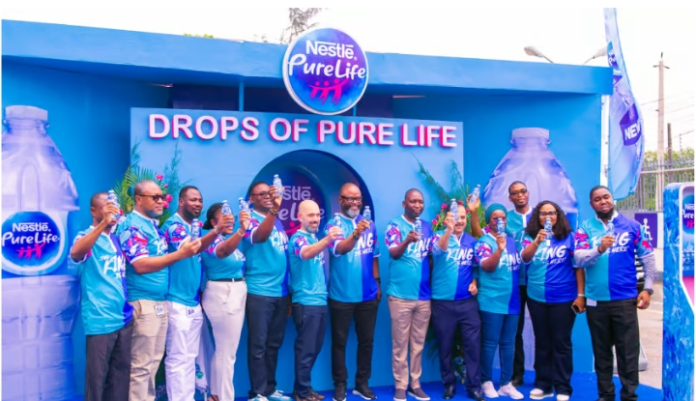Nestlé Nigeria has unveiled clear plastic caps across its Pure Life bottled water range, reinforcing its commitment to sustainable packaging and circular economy solutions.
The transition, which began with the launch of the 33cl Pure Life bottle, has now been extended to all bottle sizes, except for Nestlé Pure Life Protect.
By removing the traditional blue pigmentation from caps, the company has made bottles easier to sort and recycle, a crucial step in addressing one of the bottlenecks in the plastics recycling chain.
Industry experts note that clear caps enhance recyclers’ ability to process post-consumer waste into high-quality secondary materials, thereby reducing the demand for virgin plastic.
Speaking on the initiative, Olutayo Olatunji, Business Executive Officer, Nestlé Waters Nigeria, emphasized that the change represents more than a design shift: “The clear cap isn’t just a design update; it is a reflection of our deeper commitment to sustainability,” he said.
“From being the first and only water brand to introduce 50% recycled PET in our bottles to now eliminating colored bottle caps, every step we take is intentional, aimed at creating a 360-hydration experience that prioritizes both people and the planet.”
The move aligns with Nestlé’s global ambition to make 100 percent of its packaging recyclable or reusable by 2025.
Locally, it responds to growing consumer expectations for eco-friendly products and supports Nigeria’s wider recycling ecosystem, where challenges persist due to limited infrastructure and high plastic leakage rates.
Victoria Uwadoka, Corporate Communications, Public Affairs and Sustainability Lead, Nestlé Nigeria, highlighted the broader vision, “At Nestlé, sustainability is not a buzzword; it is a responsibility.
“Introducing the clear cap represents a meaningful shift in how we design with purpose, creating packaging that works for consumers, supports our recycling partners, and protects the planet.”
The Nigerian initiative mirrors progress across Nestlé’s global operations. In March, Nestlé East and Southern Africa Region (ESAR) reported that nearly all of its packaging is now recyclable, driven by its Designed for Recycling (D4R) program.
In Mexico, the company has redesigned 94% of its plastic packaging to be recyclable, underscoring a global strategy to cut virgin plastic use and advance circularity.
As plastic waste remains a pressing global concern, Nestlé’s packaging innovations demonstrate how multinationals can leverage design, material science, and local partnerships to move closer to a waste-free future.




